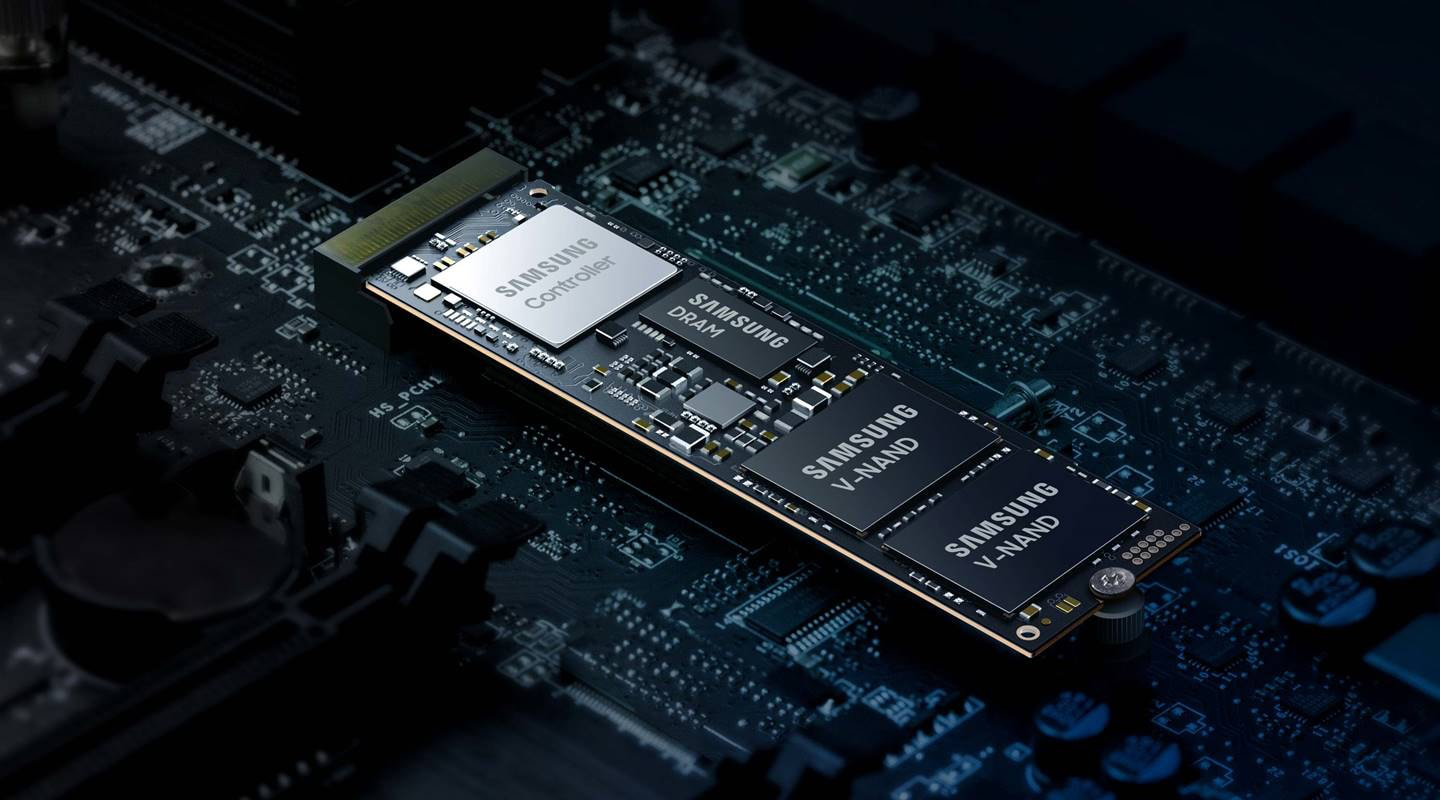
TrendForce reports that major players in the memory space, including Micron, Samsung, and Western Digital, are all announcing price hikes for their memory products. The reasons behind the price increases differ from manufacturer to manufacturer, with the recent Taiwan earthquake getting at least some of the blame. Micron's production facilities sustained damage during the quake, though Samsung seems to be specifically targeting the enterprise and AI markets with their price hikes.
The 7.2 magnitude earthquake that hit Taiwan on April 3, 2024, was the largest tremor in that region in 25 years, resulting in destruction across the island. Micron's production lines were damaged by the quake, and in the immediate aftermath of the disaster Micron halted much of their production, causing speculators to worry about potential damages. The damages mostly occurred on more advanced processes used for server DRAM rather than consumer-grade NAND lines for SSDs and flash drives, so the earthquake likely isn't entirely to blame for Micron's price increases.
Taiwanese media reports Micron has increased prices by over 20% in recent months, though TrendForce expects the actual increase for mobile DRAM to be in the 3–8 percent range compared to the previous quarter. Supplies for Micron's consumer products remain high, and it's thought that any earthquake-related emergency price increases should have gone back to normal by now. TrendForce reports other factors indicate that Micron's DDR4/DDR5 products have weak demand with no external factors driving prices up, leaving no market-based explanation for their announced Q2 price hikes.
Samsung is raising prices as well, specifically for its enterprise SSDs that are expected to increase by 20–25 percent in Q2 2024. Rumors suggest there's a shortage of enterprise SSDs right now. This would make sense, as enterprise SSDs are speculated to become a key component for AI use cases. Supplies of GPUs are the primary component in AI computing and have been plagued with supply constraints. Samsung, who already focuses on the AI market with its SSDs, are likely to continue targeting this hungry market with furious price increases. And as the owners of more than 40% of the enterprise SSD market share, Samsung's price decisions will affect the rest of the industry.
Western Digital is also reportedly raising its prices for both HDDs and NAND flash products, citing supply shortages of both on April 8. WD claims that supply has far exceeded demand for both classes of product, and that it's unable to keep up at current rates — rates that were intentionally reduced last year. Some prices will continue to adjust as the quarter continues.
These widespread price hikes follow increased industry-wide demand, and show a concerning trend among memory manufacturers. US-based companies like Micron and Western Digital are seeing significant declines in revenue and executive compensation year to year, not something we would expect to see if the reason for their price hikes was simply corporate greed. Most memory manufacturers are targeting a low production strategy to keep their demand artificially high, but the hits keep coming regardless, and the recent earthquake appears to be one more potential excuse.
Last year saw the lowest prices ever on DRAM and NAND, and memory manufacturers were losing money. While prices are trending up, there are still plenty of deals on SSDs and hard drives, with high capacity and high performance 2TB and 4TB SSDs still quite affordable at present. However, if you're planning on growing your storage stable, you may want to act sooner than later.







